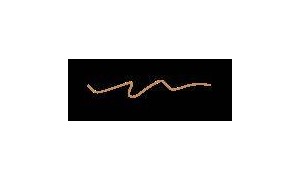off, from, out of
这三者都可表示“离开,脱离”。off表示与物体的表面或边缘的运动; from表示运动的起点,不指明具体方向; out of表示从物体的内部向外的运动。
off, away
这两个词共同的意思是“离开”,在blaze, brush, clear, crawl, file, go, make, ride, roll, run, rush, send, set, start, swim, walk, wave等动词之后可换用,意思上没有多大差别。它们的区别是:
1.在含义上:away表示“距离”(distance), off表示“分开”(separation)。away强调“不在本地”(not here), off强调到“另一地方”(from one point to another)。试比较以下两句:
He ran away ten minutes ago.
他10分钟前离开家。
Where did he run off to?—To his neigh- bour's.
他跑到哪儿去了?——跑到邻居那里 去了。
2.away和off有时在作一种意义解时可互换,而作另一种意义解时则不能换用。例如:
make away〔off〕 with
偷走; 挥霍掉
make away with
杀死
Put away the coat.
把外衣收起来。
Take off the coat.
把外衣脱掉。
3.away只作副词,而off除作副词外,还可用作介词。例如:
Keep off the grass.匆踏草地!










